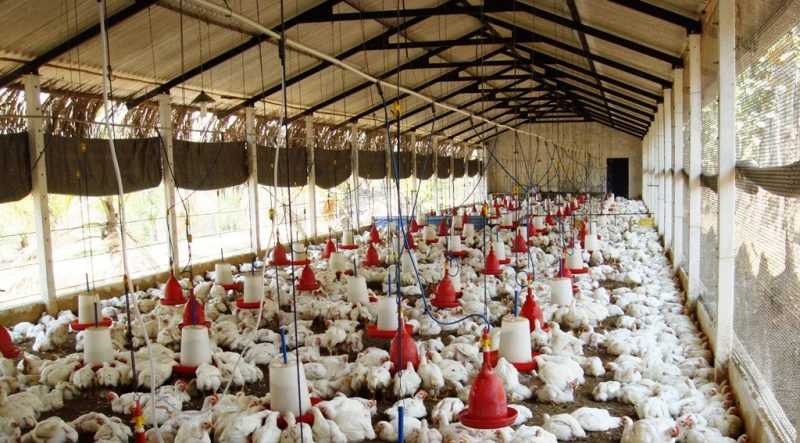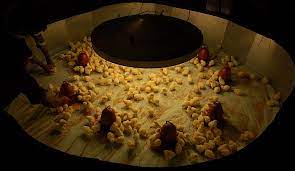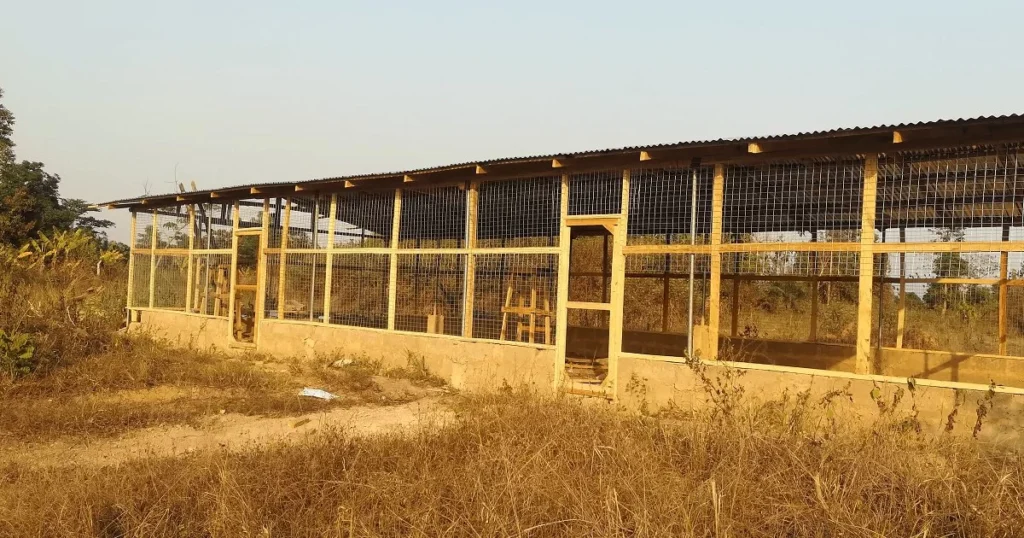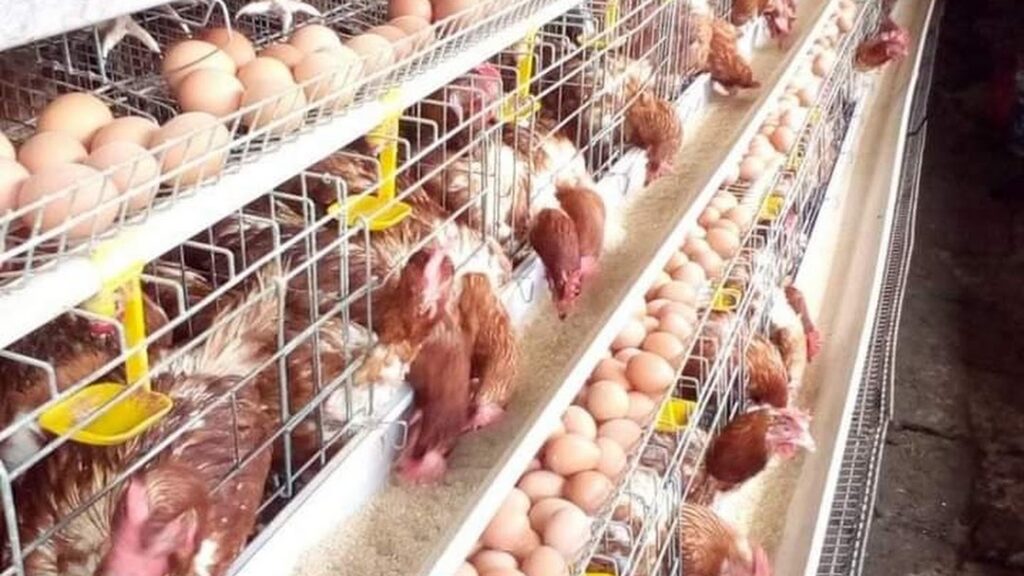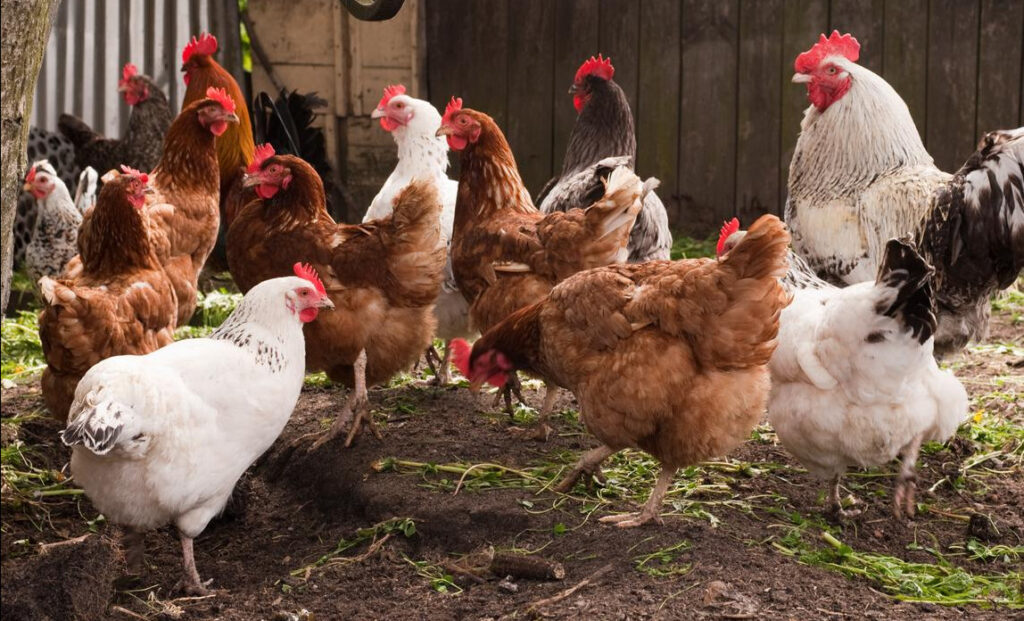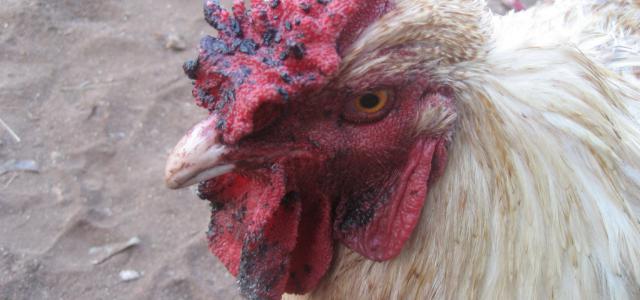Chicks incubator hatching machine
An incubator is a device used for hatching eggs artificially, by maintaining the required temperature, humidity, and turning the eggs at regular intervals. The cost of an incubator can vary depending on its size, features, and brand.
A hatching machine is a type of incubator that is specifically designed for hatching chicken eggs. It provides a controlled environment for the eggs to develop, with features such as temperature control, humidity control, and automatic egg turning.
Both incubators and hatching machines can be purchased from agricultural or poultry supply stores or online. The cost of these machines can range from a few thousand Kenyan shillings to hundreds of thousands, depending on the size and features of the machine.


